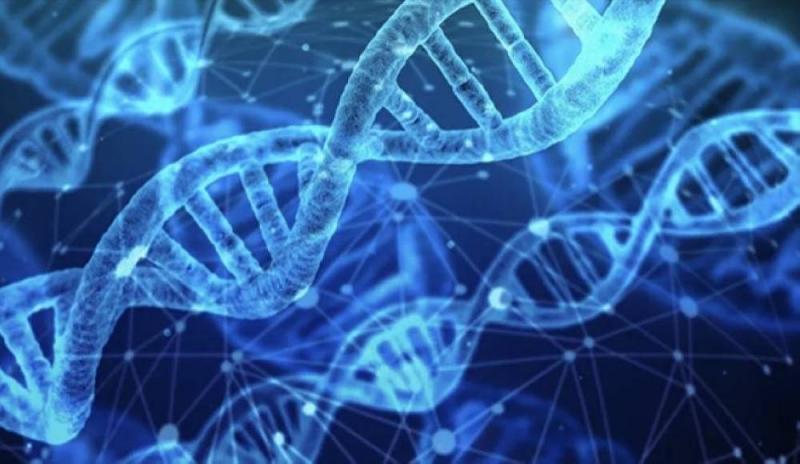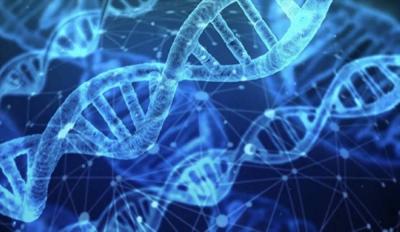Scientists at the Institute of Cell Biology and Genetics of the Russian Academy of Sciences have developed a new technique that allows for the detection of predispositions to genetic diseases and cancer. The institute's press office indicates that the new technique can discover slight changes in the arrangement of chromosomes within the human genome and rearrange them. Chromosomal rearrangements and other genetic factors are among the causes of infertility and the inability to conceive, making early diagnosis beneficial for childbirth.
Benjamin Fishman, a researcher at the institute, states, "We have developed a technique that first requires the preparation of DNA samples in a non-standard way. This technique allows for the preservation of information regarding the genomic status in the cell nucleus. After that, a comprehensive and in-depth DNA analysis must be conducted using modern sequencing methods to detect changes even in small regions of the genome."
According to him, the innovative method allows for the analysis of various biological materials—blood, tumor tissues, and embryonic biopsies taken during in vitro fertilization. It also enables the identification of embryos with chromosomal arrangement changes, allowing for the birth of healthy children. He adds, "Searching for changes in the genome is a pressing issue. Yes, there is a lot of scientific research in this area, but it is not utilized in routine practice. Our method relies on innovative approaches related to the analysis of DNA connections."




